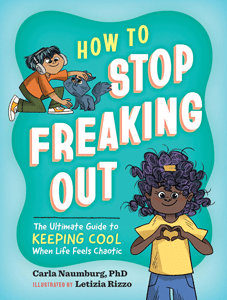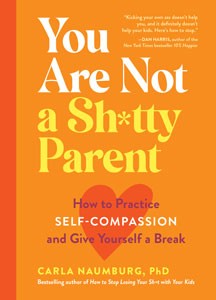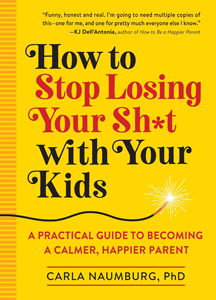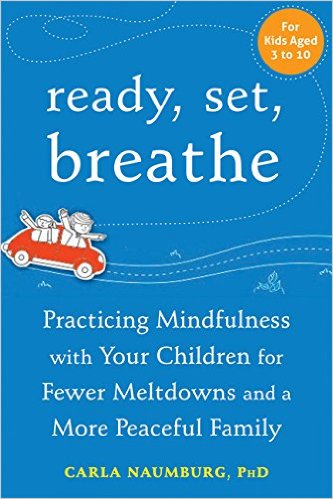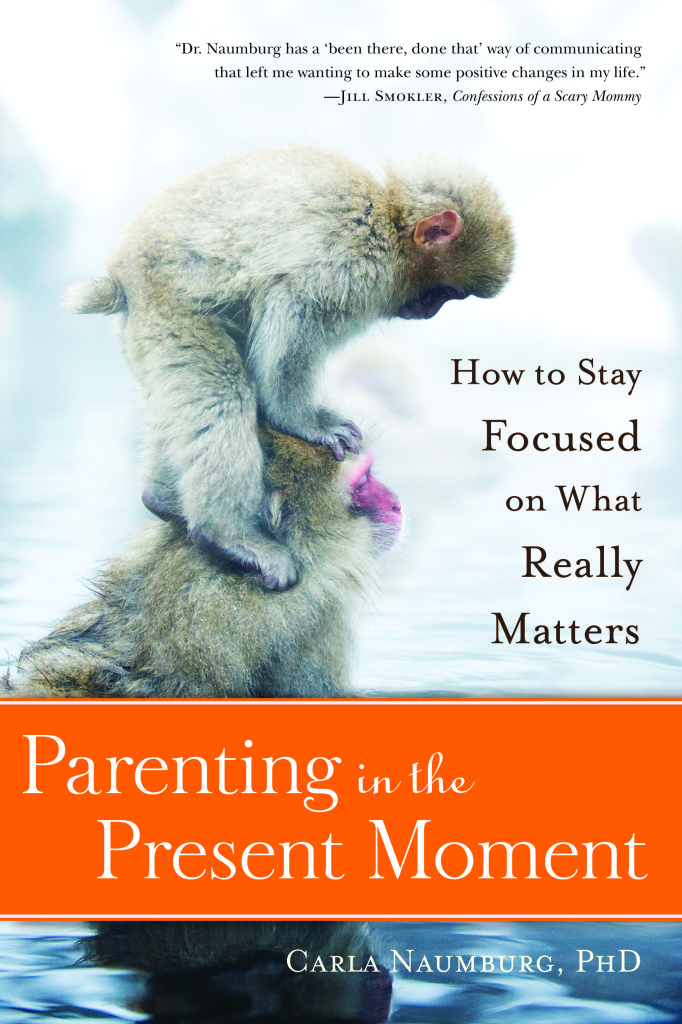Most nights when I kiss my daughter goodnight, she has something important to tell me. Not important in the grand scheme of the universe, but important to her in that moment. Important enough that if she doesn’t tell me, she’ll have a hard time falling asleep. Sometimes it’s a sad thought about a time when I got upset with her earlier in the day, a worry about whether or not she’ll get a chance to finish a project at school tomorrow, or a memory of something that happened six months ago. Rarely is it an observation about what is happening for her in that particular moment. That’s just not where her brain tends to go.
It’s not only my little girl, of course, but me as well and almost everyone I know. If you were to ask most folks what they were thinking at any given moment, chances are they’d be worrying about something that may or may not happen in the future, stressing about or regretting something that has already happened, or feeling frustrated or annoyed with a person or situation they can’t change but are desperately trying to control anyway. Having these less than helpful thoughts doesn’t mean there’s anything wrong with any of us. It just means we’re human.
There are many reasons why our minds tend to focus on the past or the future— anywhere but right here and now. Once upon a time, the ability to remember that a saber-toothed tiger ate Cousin Joe and to make a plan to avoid that tiger in the future was a crucial part of staying alive. Those cavemen and women who were unable to keep a mental list of potential threats and do what was necessary to avoid them weren’t going to last very long. The same holds true in certain situations today: the memory of a child’s first allergic reaction to peanuts motivates his parents to plan ahead and bring a nut-free cupcake to the next birthday party. A child’s ability to remember how hot the stove was when he touched it the first time keeps him from getting burned again. The problem is that our brains don’t know when to stop with all the planning and remembering, and we end up spending far too much of our mental space analyzing the past and trying to predict the future in ways that aren’t particularly helpful. In addition to the obvious problem that we can’t change what’s already happened or what’s coming next, each time our minds wander, it means we aren’t paying attention to the present moment; we’re likely reacting to whatever is going on in our wandering minds instead of responding to what is actually happening right in front of us. And that’s where we get into trouble.
Here’s a typical example from my house. My daughters got into it yesterday over a Barbie crown. I’m talking about a screaming, swiping, code red, pissed-off fight. First, I separated the girls to make sure they couldn’t hurt each other, and then I gave them each their favorite soft toy to snuggle— a physical cue to help them calm down. We sat quietly for a minute or two, and once they were calm enough to talk, they began to tell me what was going on.
“She stole my crown! She always steals my stuff! She stole my Dora doll last night, too!”
“It’s not hers! It’s mine! I need my sparkly Barbie crown, so Barbie can go to the ball!”
As I listened to their words, I looked at the array of Barbie paraphernalia on our living room rug. In the middle of it all, I saw two crowns. Both sparkly, both pink.
The girls had forgotten all about the second crown. They had gotten so caught up in all the past injustices they had experienced, the importance of their plan for the game going forward, and their need to have everything they wanted that they couldn’t see what was right in front of them.
This is a pretty common scene in my house and many other homes; and unfortunately, a second sparkly Barbie crown isn’t going to appear each time our children feel like they’re being treated unfairly. In fact, our best shot at responding skillfully to challenging situations is to do whatever we can to let go of the past and the future and stay as focused as we can on what is actually happening, right here and right now.
Try This: Stop, Drop, and Breathe
This is an easy, quick, and funny way to disrupt a difficult or unhelpful situation and to breathe your way back into the present moment. Whenever you find yourself or your child spinning out of control, lost in thoughts, or overwhelmed by emotions, remember to stop, drop, and breathe: stop, drop whatever you are doing, and breathe deeply and intentionally. I’ve even been known to literally drop to the floor— a move that never fails to disrupt a difficult moment and get my children laughing, regardless of how grumpy we all feel.
reprinted with permission: New Harbinger Publications, Inc.
copyright ©2015 Carla Naumburg

